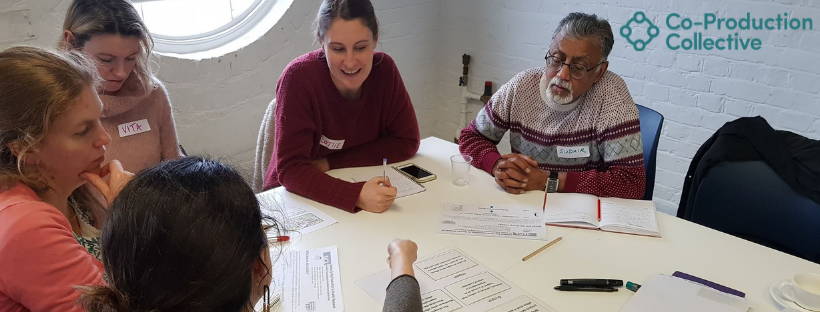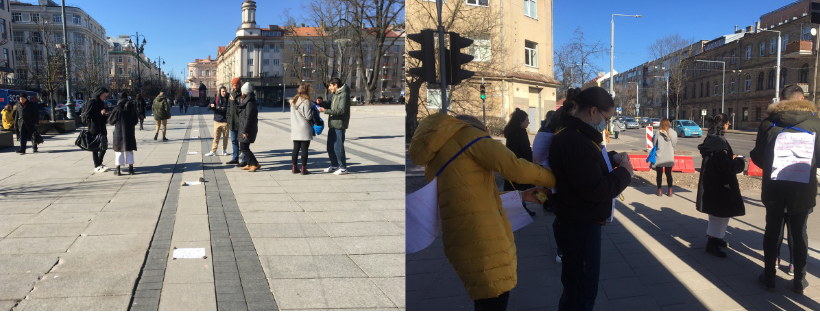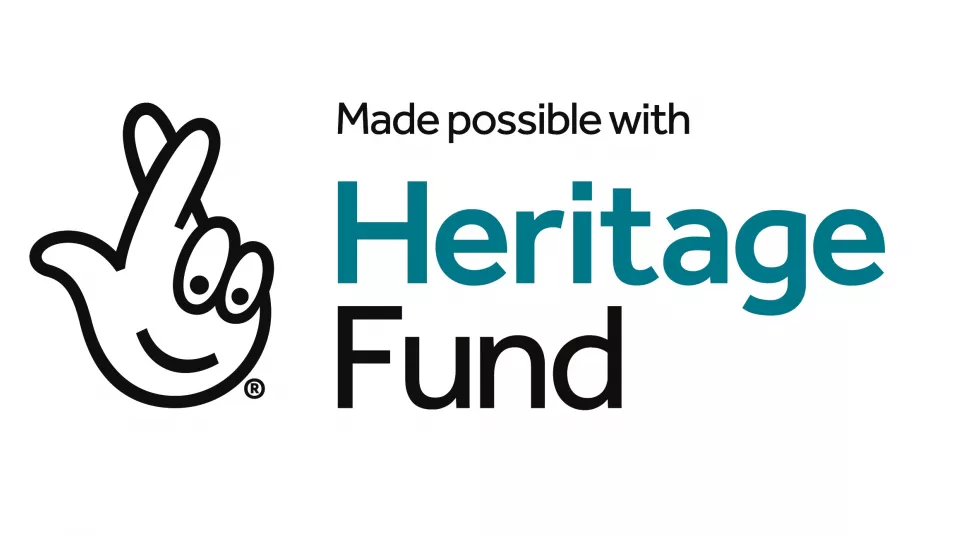Co-Production Collective has teamed up with People’s Voice Media and the Community Reporter network to explore the question – What is the value of co-production?
Over the next few months, we will be gathering people’s experiences of co-production and then working with the storytellers to identify what key changes co-production processes bring to services, research and policy.
Sounds interesting. Tell me a bit more…
We are looking for people from across the UK who have been involved in co-producing services, research and/or policy to share their stories with our team of Community Reporters. We hope to gather a mixture for stories – both positive experiences and negative ones – from different types of co-production projects and activities.
You may be a person with living or lived experience of a topic or service, a researcher, a policymaker, a service manager, someone working in service delivery, a co-production practitioner, a resident, a tenant, a strategic leader… or any other role within co-production that you can imagine.
We are looking for people who are happy to attend a 30 minute online, 1-2-1 storytelling session with one of our Community Reporters and have their story captured as a 10 – 15 minute video or audio recordingduring this session. The whole stories will be shared publicly on the Community Reporter website (https://communityreporter.net/co-production-stories) and an extract from your story will be added to this playlist (unless otherwise requested by the interviewee).
The ideas and insights from the stories will be used as the basis of a report and other materials that will seek to answer the question – What is the value of co-production?
How can I get involved?
To get involved, please express your interest here on this form by the 18th May 2022.
This short form helps us to understand who wants to share their story and what their story will be about. We hope to be able to offer everyone who wants to share a story, the opportunity to tell their story. You can also withdraw your participation and consent to be involved at any time pre, during or post storytelling activity – You are in control of what you share with us.
However, if we are inundated with responses we may have to (a) hold some group sessions or (b) select the most representative and diverse expressions of interests from those that we received.
The time commitment will be 30 minutes and we will be issuing ‘thank you’ e-gift vouchers to everyone who takes part.
We also have a budget to cover any expenses/support costs (e.g., Internet costs, Personal Assistant support to attend the session) that you will incur through taking part. You can let us know about these on the expression of interest form. To claim the expenses, you will need to complete a short expenses form and send us receipts of the expenses – our team will send instructions about this and support you to do it.
What happens when I’ve completed the form?
- Within 2 weeks, one of the team will get in touch about your expression of interest.
- Within 2 weeks, one of the team will get in touch with you and arrange a time for your 1-2-1 storytelling session. These will take place between April and May 2022, and our team will contact you during this timeframe.
- In April or May 2022 – you’ll also be invited to take part in some online workshops we are organising in June and July 2022, in which we will decide together what the key findings are from your stories and how they demonstrate the value of co-production. Payment will be offered for these workshops to people who are attending in an unwaged capacity and expenses/support costs will also be covered.
- In July 2022 – there will also be some public events (in-person and online) that we will invite you to, at which we will share what we’ve learned from the stories with the wider public. These events will look at what can create the ‘right’ conditions for co-production to be successful in services, policy and research.
- By the end of September 2022 – we will have produced a short report that summarises the key learning from the stories and have edited all the story extracts. We’ll send you links to them when they are ready!
If you want any more details about this work before getting involved, are experiencing difficulties with filling in the expression of interest, or if there is anything we can do to help you in completing an expression of interest please email Hayley on hayley@peoplesvoicemedia.co.uk




